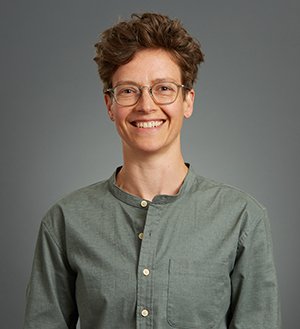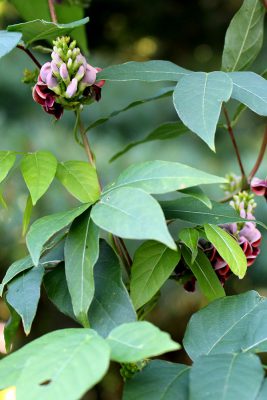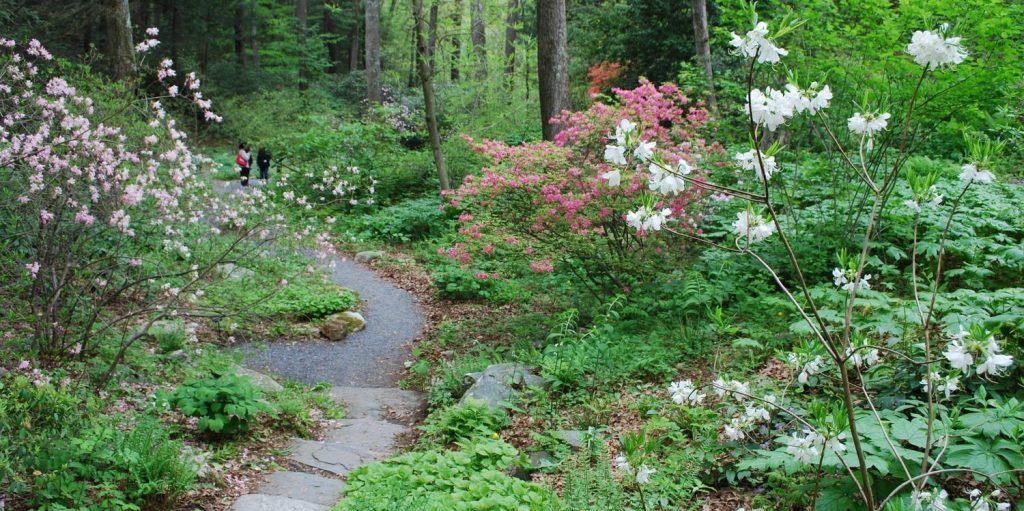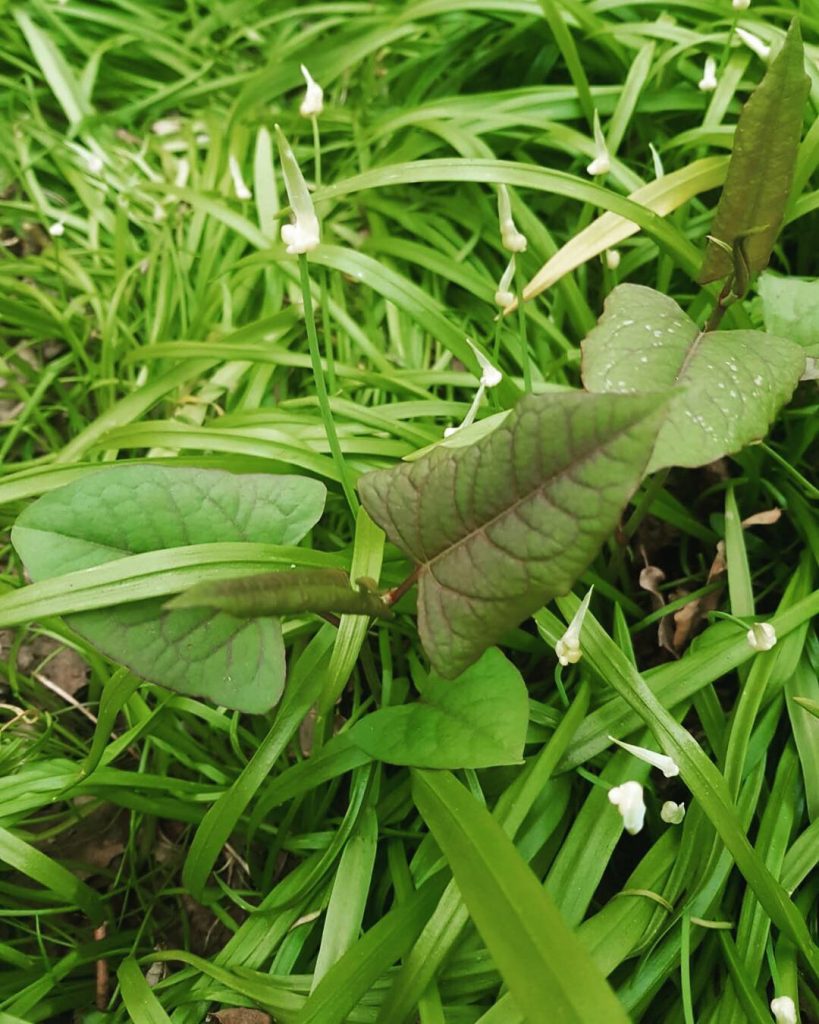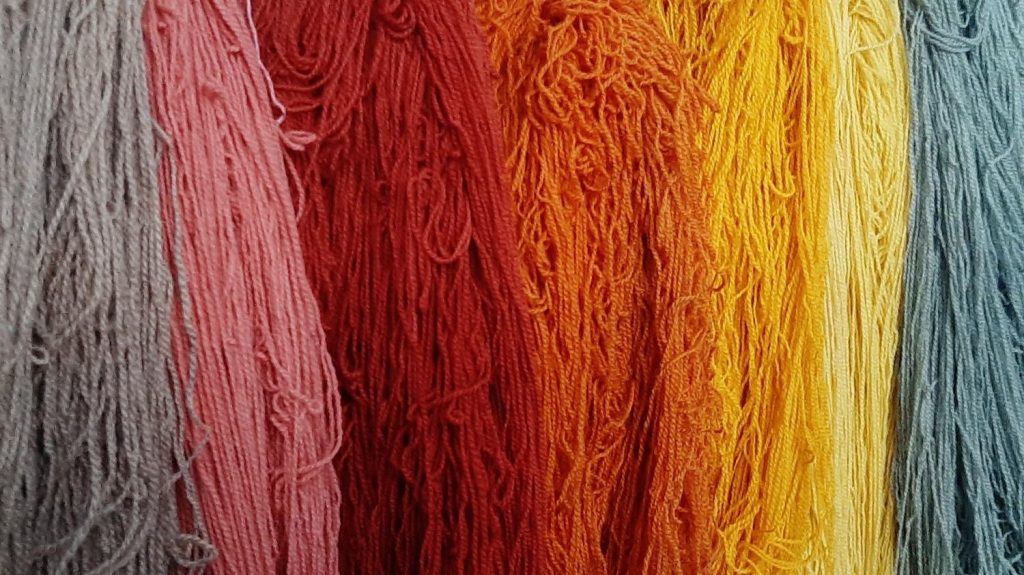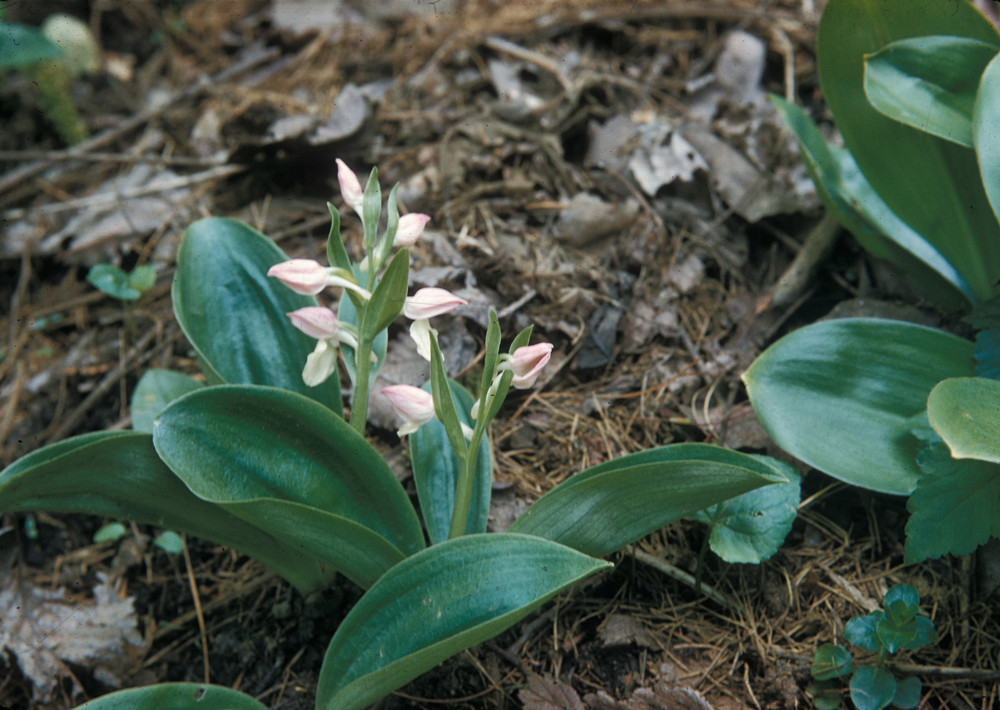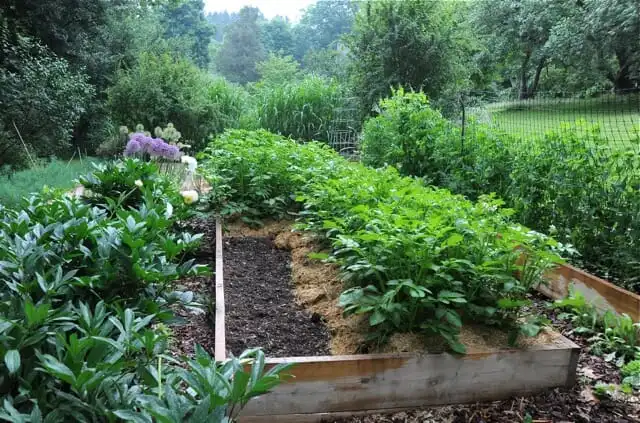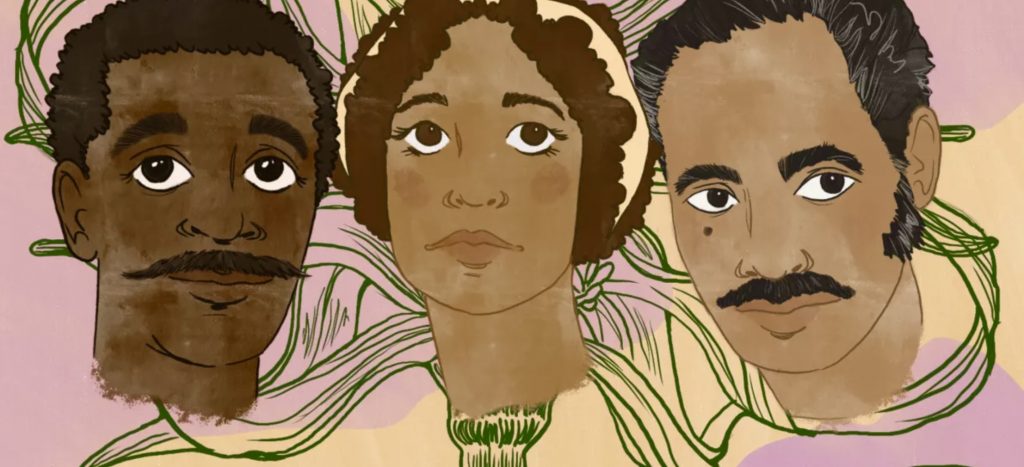Saturday, May 6, 7:00 pm – Sphagnum Moss-Associated Nitrogen Fixation in New England Peatlands
The New England Botanical Society is holding its May meeting on Saturday, May 6 in person at the Native Plant Trust’s Garden in the Woods in Framingham at 7 pm. The speaker is Dr. Kirsten Coe, Assistant Professor, Department of Biology, Middlebury College, speaking on Sphagnum Moss-Associated Nitrogen Fixation in New England Peatlands. To register, and for more information, visit https://www.rhodora.org/meetings/upcomingmeetings.html
Kirsten K. Coe is a plant ecophysiologist, focusing on how environmental stress shapes plant performance and growth, and in turn how plant responses influence ecosystem level processes. She uses mosses as a model system to answer questions in this domain, focusing on ecosystems where they carry large ecological importance, often as keystone species. The Coe lab applies a combination of field manipulation experiments, stable isotope analysis, and laboratory photosynthetic stress assessment using infrared gas analysis and chlorophyll fluorescence. Two current lab research foci include (1) an NSF-funded project exploring the ecological, physiological, and genetic basis of desiccation tolerance in Syntrichia, a diverse clade of dryland mosses; and (2) the influence of symbioses between nitrogen-fixing cyanobacteria and peatland mosses on nitrogen cycling.
